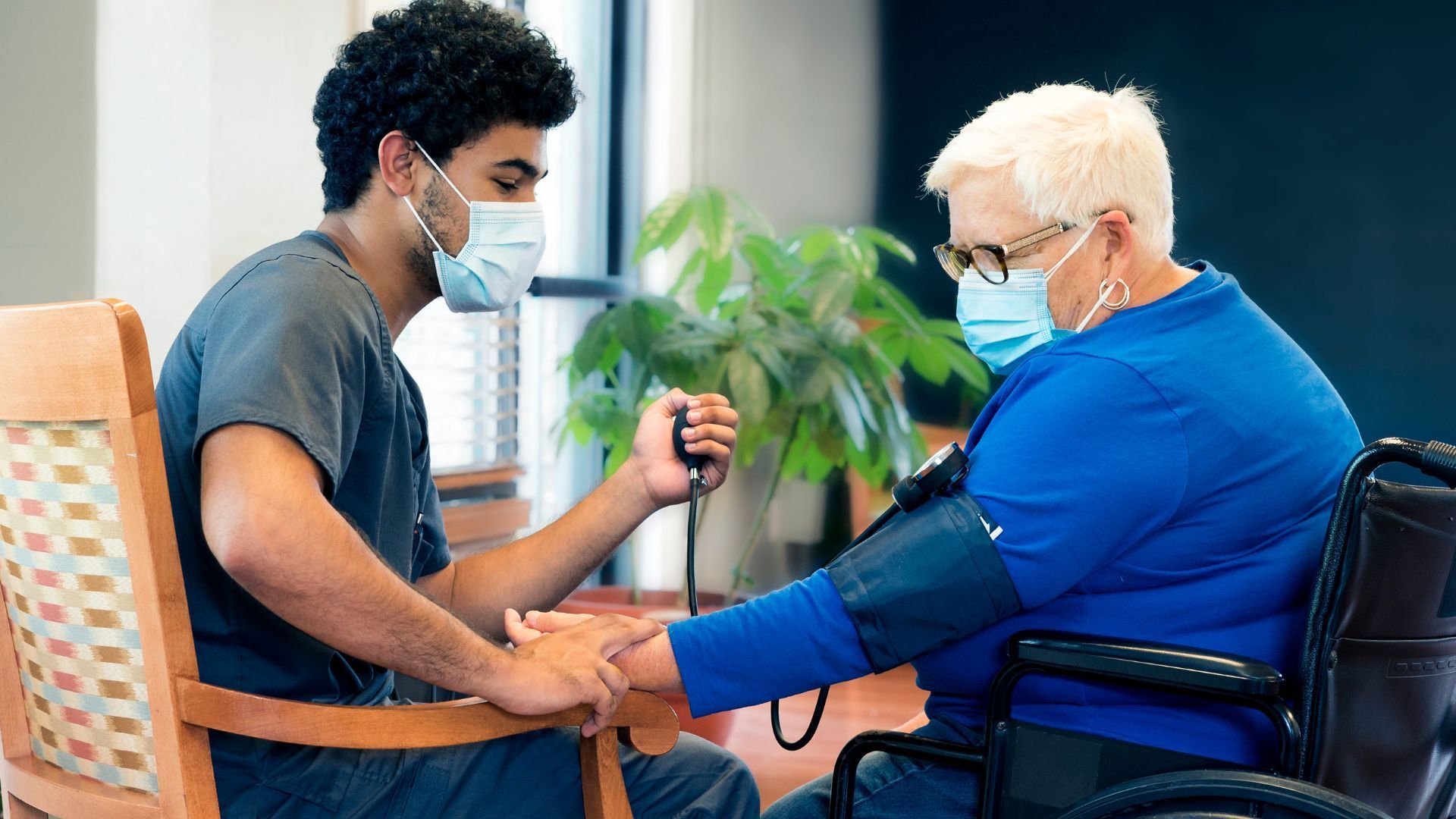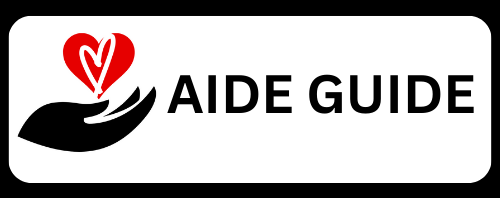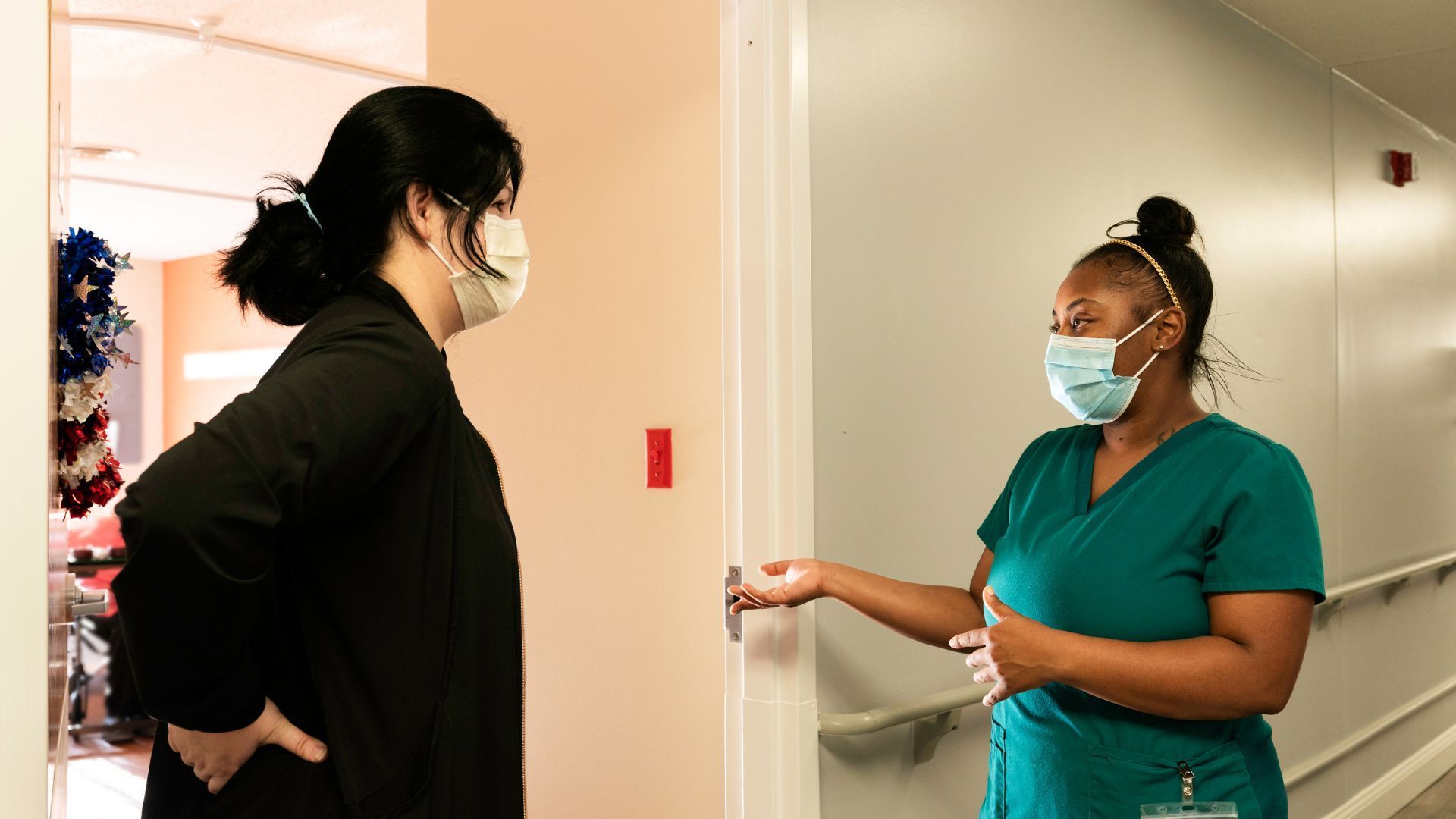By Fordham Institute Inc.
•
September 11, 2024
Preparing for the Certified Nursing Assistant (CNA) state board exam in New York can be challenging, but with the right study strategies, you can boost your confidence and increase your chances of passing on the first try. Here are five essential tips to help you ace the exam: 1. Understand the Exam Format The CNA state board exam in New York consists of two parts: a written (or oral) test and a practical skills evaluation. Familiarize yourself with both sections: Written/Oral Test: It usually consists of multiple-choice questions on topics like patient care, safety, infection control, and the roles and responsibilities of a CNA. Skills Test: You will be required to demonstrate a variety of skills, such as hand hygiene, transferring a patient, taking vital signs, and more. Reviewing the exam format will help you know what to expect and manage your time better during the test. 2. Use Practice Tests and Study Guides Practice tests are a great way to assess your knowledge and get familiar with the types of questions you'll face. There are several free and paid resources available online that provide CNA practice exams tailored to New York state requirements. Study guides are another helpful tool. They summarize key information and provide checklists of skills you need to master. Focus on areas where you struggle the most and revisit the fundamentals of patient care. 3. Master the Required Skills The practical skills portion is often the most nerve-wracking part of the CNA exam, so it’s crucial to practice the hands-on skills as much as possible. Practice these skills regularly until you can perform them smoothly: Handwashing (a must for infection control) Measuring vital signs (blood pressure, pulse, and respiration) Patient positioning and mobility (transfers, using a gait belt) Personal care tasks (dressing, feeding, bathing) Communication with patients and documenting patient information Ask a friend or family member to act as a patient while you practice, and focus on the small details that could make or break your performance, like infection control protocols and proper communication with the patient. 4. Study Key Topics for the Written Exam While the written exam covers a broad range of topics, certain areas are more commonly tested. Prioritize these core subjects when studying: Basic patient care: Nutrition, hydration, hygiene, dressing, and toileting. Safety and infection control: Proper procedures for hand hygiene, handling hazardous materials, and patient safety. Communication skills: How to effectively communicate with patients, their families, and healthcare teams. Medical terminology: Basic medical terms and abbreviations you will encounter. Legal and ethical issues: Patient rights, confidentiality (HIPAA), and ethical caregiving. Knowing these core topics well will help you feel more prepared and confident. 5. Manage Test Anxiety and Practice Self-Care Test anxiety can affect your performance, so it’s important to manage your stress levels leading up to the exam. Here are a few strategies to help you stay calm: Create a study schedule that allows for consistent review without cramming. Breaking up your study sessions into manageable chunks over several weeks will help with retention. Practice relaxation techniques such as deep breathing or meditation before the exam to keep calm. Get plenty of rest the night before, eat a balanced meal, and stay hydrated. Your physical and mental health will play a big role in your ability to focus during the exam, so make self-care a priority. By understanding the exam format, using practice tests, mastering the required skills, focusing on key written exam topics, and managing your stress, you'll be well-prepared for the CNA state board exam in New York. Stay focused, practice regularly, and trust in your training to help you succeed. Good luck!









